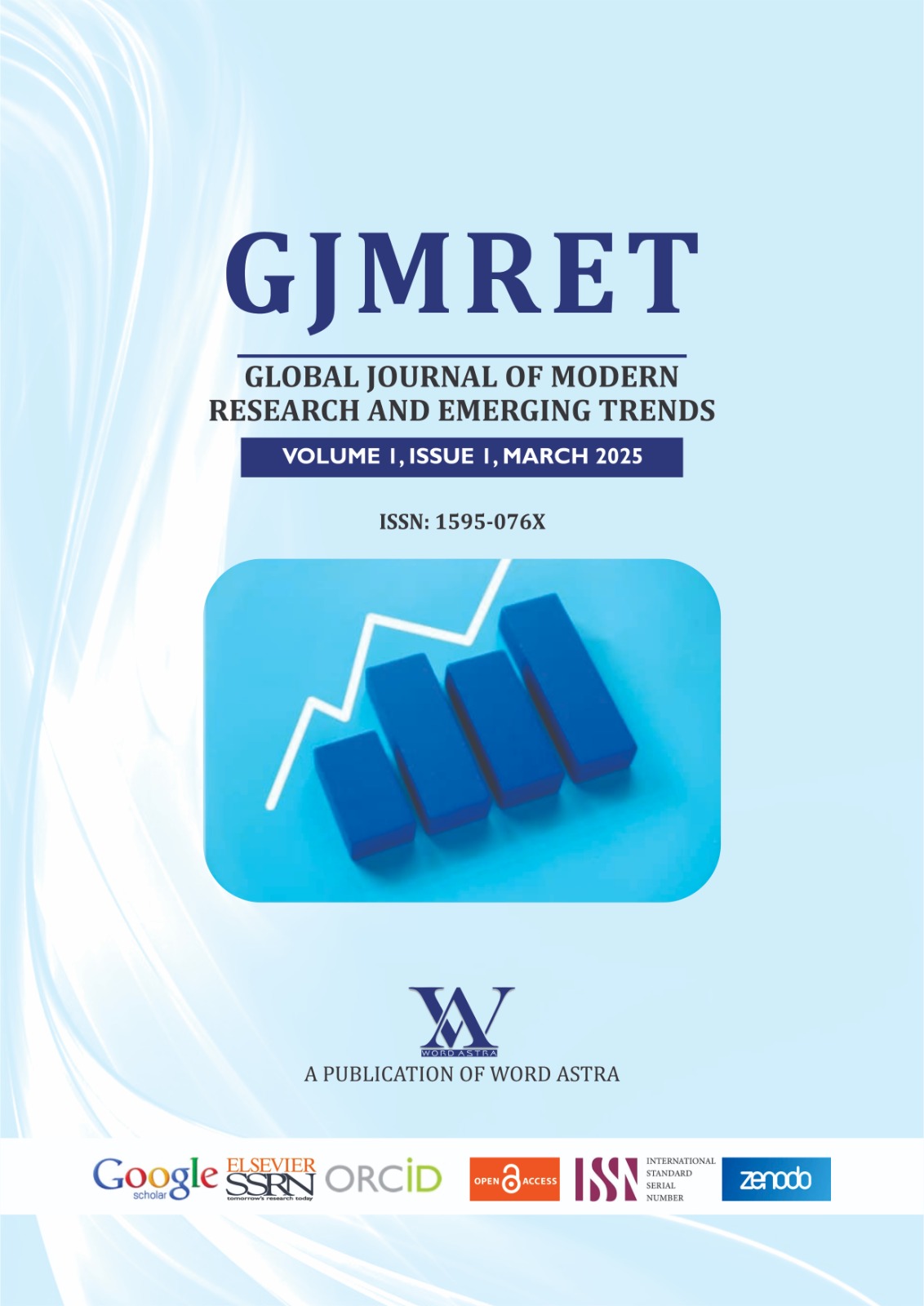
Transforming Science Education: The Impact of Technology and Pedagogy on Future Assessment
The landscape of science education is undergoing a profound transformation driven by technological innovation and evolving pedagogical approaches. This article examines how assessment practices in science classrooms are being reshaped by digital tools and progressive educational frameworks, with a focus on three key dimensions: the digital transformation of assessment tools, the integration of learner-centered pedagogies, and emerging trends that promise to redefine how student learning is measured. Technological advancements, including adaptive learning systems, AI-powered analytics, and immersive virtual environments, are enabling more personalized, interactive, and continuous evaluation of science skills and understanding. These tools support educators in providing timely feedback, fostering deeper inquiry, and capturing critical thinking in real-world contexts. At the same time, shifts toward competency-based assessment, authentic performance tasks, and formative evaluation align assessment with the goals of developing problem-solvers and innovators in science. Emerging trends such as emotion-aware systems, blockchain credentials, and cross-institutional learning analytics highlight the potential for building inclusive, equitable, and transparent assessment ecosystems. However, challenges remain: ensuring equitable access to technology, addressing data privacy and algorithmic bias, and providing robust teacher training to navigate these new tools effectively. Ultimately, this paper argues that transforming science assessment requires balancing technological capabilities with human-centered design, ensuring that assessments not only measure learning but also inspire curiosity and foster a lifelong love of science. By exploring current innovations and future directions, this analysis offers a roadmap for educators, policymakers, and stakeholders committed to building an engaging, inclusive, and effective science education landscape in the 21st century.
Download Article


